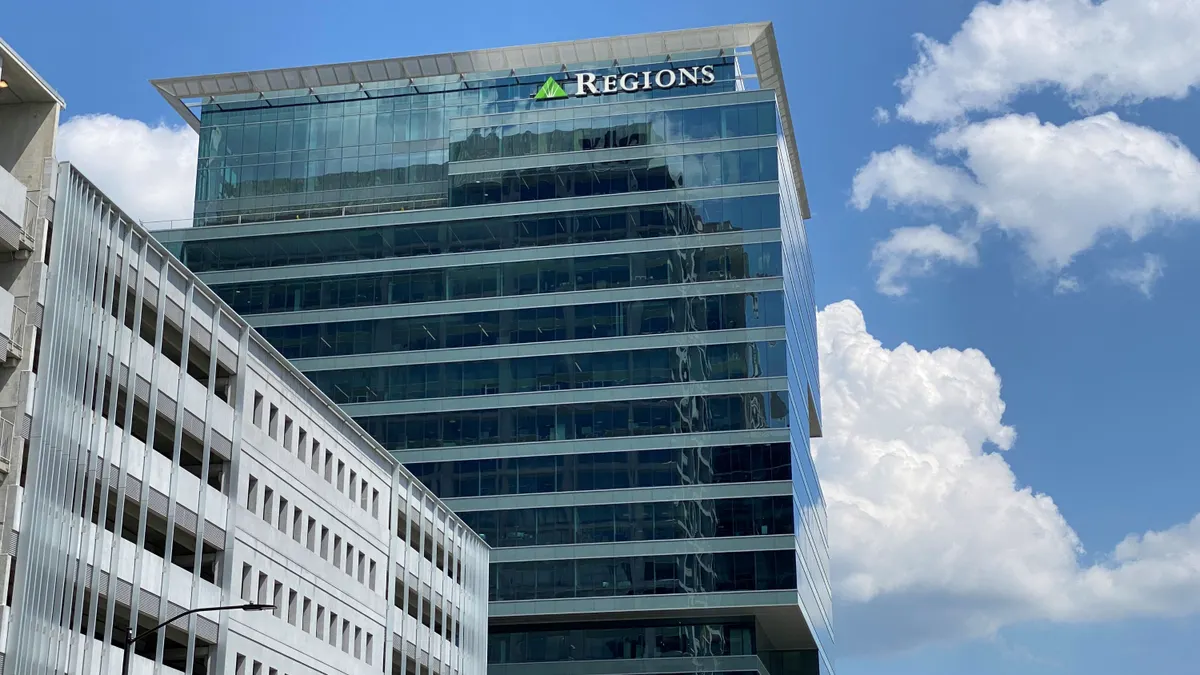Goldman Sachs gave CEO David Solomon a $35 million compensation package for 2021, according to paperwork the bank filed Friday. That ties Solomon with Morgan Stanley’s James Gorman as the best-paid CEO among the six largest U.S.-based banks — and puts him slightly ahead of JPMorgan Chase’s Jamie Dimon, whose 2021 pay totals $34.5 million.
Beyond that, Goldman’s pay disclosure Friday may stand as a reminder that the bank, in compensation matters, may often prefer to take a reactive posture. To put it another way, Goldman may rather keep up with the Joneses (or Morgans, as it were) than to lead them.
When a group of 13 Goldman junior analysts last March presented to their managers a self-survey detailing "inhumane" 100-hour workweeks, deteriorating physical and mental health and a souring outlook for the future, the bank hung back — watching its competitors drive up the market value for entry-level talent. By July, JPMorgan, Citi and Barclays raised starting salaries to $100,000 in the sector, and Bank of America and Wells Fargo pushed them to slightly under that mark. Yet Goldman’s starting pay remained $85,000 until after the bank’s fiscal year ended July 31.
Raising pay midyear, sources told the Financial Times in July, would set a “dangerous precedent.”
“If you behave like that, you simply end up with mercenaries,” one source said.
When Goldman did raise pay in August, it went above market leaders — to $110,000 a year. Morgan Stanley quickly followed with its own bump to $110,000.
With CEO pay, the reverse happened. Morgan Stanley set the tone, putting Gorman’s compensation just ahead of Dimon’s. Solomon’s $35 million figure is clearly a statement that Goldman feels its CEO is entitled to the same. But not more.
On its face, Solomon’s 2021 raise is hefty. He made $27.5 million in 2020 — but the bank clawed back $10 million as part of a penalty for its involvement in the 1MDB scandal. The idea that Solomon is, in effect, getting a 100% raise from $17.5 million may be misleading. Calling it a 27.2% raise from $27.5 million may be more accurate.
The bank could have paid him more. Compensation costs for Goldman’s bankers and traders saw a 33% increase in 2021, according to Bloomberg. That’s the same percentage by which Goldman’s revenue jumped from 2020. By that measure, Solomon could have made $36.5 million.
The bank surely is keenly aware of public perception and may not want to give Solomon's pay too big a boost at once. (Goldman broke ranks in 2019, giving Solomon a nearly 20% pay raise in his first full year at the bank's helm, when most other Wall Street banks kept pay steady — or, in Gorman's case, cut it.
As it stands, his pay breaks down to a $2 million base salary and $33 million in variable compensation. About $9.9 million of that will be cash, the bank indicated. The other $23.1 million will come through restricted stock units tied to performance metrics. To that end, Goldman’s compensation committee, in its filing, spotlighted the bank’s 2021 net revenue of more than $59.3 billion (a record), net earnings above $21.6 billion (another record) and a 23% return on average common shareholders’ equity, a 14-year high.
This is not to suggest Solomon is undervalued. For one, he and Goldman’s chief operating officer, John Waldron, in October received one-time restricted-stock packages meant to keep them in their roles for at least five years. The packages could net them $30 million and $20 million, respectively, in 2026 if Goldman’s stock maintains its value. (That would edge higher if the stock value increased.) But that in itself may have been a move to keep up with a Morgan. JPMorgan Chase in July gave Dimon a “special award” of 1.5 million share options, which could be worth $50 million by 2031. (JPMorgan followed that up in December by giving its president, Daniel Pinto, a package half that size.)
Goldman’s pledge to Solomon and Waldron in October broke its own mantra of adjusting compensation midcycle. It’s paying for that now.
The bank, in its filing Friday, said it is giving “shareholder value creation awards” — similar to Solomon and Waldron’s October packages — to Goldman’s revenue division chiefs; leaders of its control, finance and operating divisions; and other members of the management committee. The packages will go to roughly three dozen senior executive, Bloomberg reported, citing an anonymous source. The awards, meant to ensure leadership continuity and retain top decision-makers, came after shareholders asked why Solomon and Waldron were singled out for awards in October, the bank said.



















